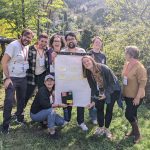Slow Food USA, a non-profit organization, works to promote sustainable food practices, strengthen regional food systems, and make people aware of the advantages of eating wholesome, healthy food. The organization’s three pillars are: fostering biological and cultural variety; motivating and educating the community; and advancing policies to transform the food system. The goal is to provide good, clean, and fair food for all.
Slow Foods USA runs a number of programs and events to raise awareness of the importance of a sustainable lifestyle and to promote food biodiversity. The “Plant A Seed” campaign is one of them. Engage with climate and nutrition on a plate and in the garden is the main motto. This campaign exhorts individuals and garden educators to increase biodiversity in gardens. Also, this promotes seed exchanges between individuals in an effort to increase local diversity.
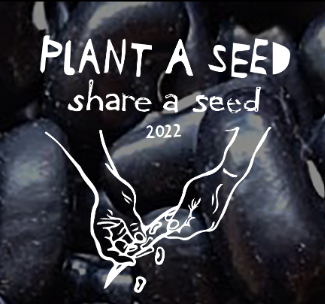
In 2022, “Plant a seed” focused on beans. Communities have been informed about the environmental and nutritional advantages of farming beans through Slow Food USA. Beans are incredibly nutrient-dense and high in fiber, protein, and important vitamins and minerals. Beans are also a particularly sustainable crop due to their low water and fertilizer requirements as well as their capacity to improve soil health by fixing nitrogen into the soil. The campaign intended to motivate people and groups to grow more beans and include them in their diets. By giving farmers the chance to store their harvested beans and connecting them with local seed libraries, the organization not only promotes beans but also food security, or the ability of people to produce food independently of oppressive food systems.
In the 2022 Plant a Seed campaign, six beans that show distinct connection between land and people were choosen from six regions of United States. The six beans included were:
- Arikara Yellow bean – Midwest Region
- Cherokee Trail of Tears bean – Southeast Region
- Four Corners Gold bean – Southwest Region
- Hank’s X-tra Special Baking bean – Northeast Region
- Rockwell bean – Northwest Region
- Santa Maria Pinquito bean – California Region
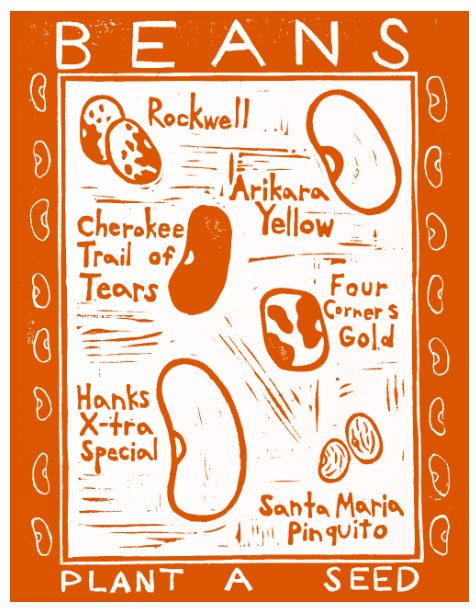
The organization offered a seed kit that included 20 to 40 seeds of each of the six beans as well as a booklet that focused on growing beans, cooking advice, bean history, and bean tales, along with ten empty seed packages so that the community may share seeds. FAO provided a legume-focused comic to go with the kit. The aim of this kit was to provide hands-on experience of growing legumes and learn about how legumes play a vital role in climate resilience, biodiversity, and nutrition. Moreover, Slow Food USA values the efforts of seed collectors and breeders. As a result, 10% of each seed kit was given back to indigenous seed keepers as an acknowledgement.
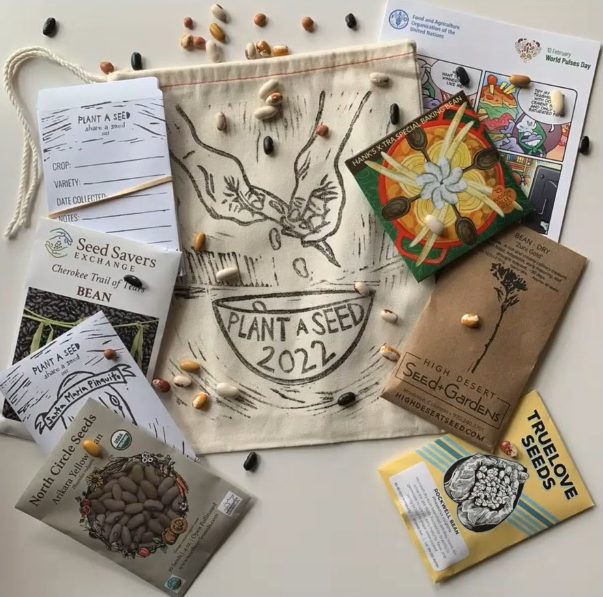
The campaign was a huge success, as all 750 kits were sold out in five weeks. Around 400 kits were purchased from the website. The organization donated one kit to the school garden for every kit purchased. Nearly 350 kits were freely distributed to 260 school gardens. A newsletter was also provided to participants, which included growing tips, a profile of the school garden, and recipes that were collected from alliances with chefs. Slow Food USA, in partnership with the FAO, created Bean Zine. The magazine was used to highlight bean dishes, health benefits, and how beans can combat climate change. Also, it contains numerous FAO-provided QR codes that allow users to link to their work.
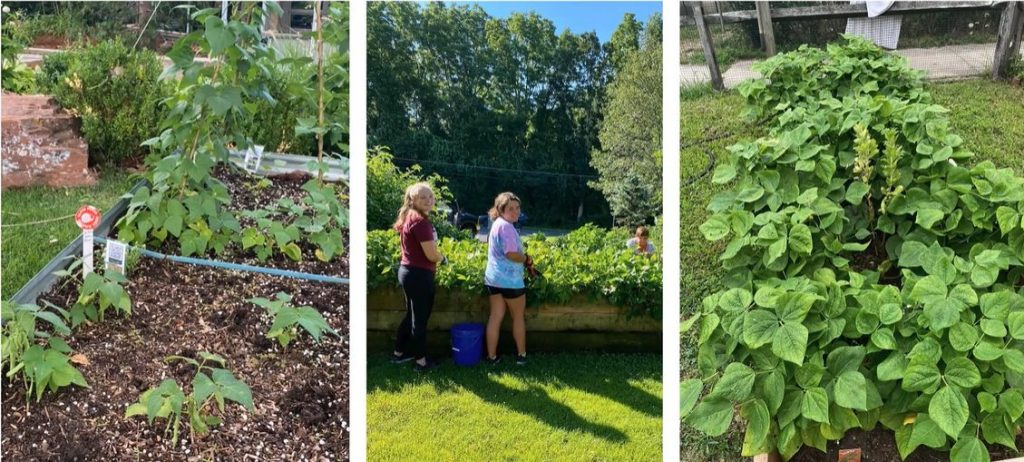
Slow Food USA also provides a platform for leaders from around the world to have crucial discussions regarding seed security, sustainability, preservation, and culture. This year, Slow Food USA is celebrating glorious greens. The kits will contain seven beautiful, easy-to-grow, nutrient-rich green varieties. It will inspire you to nourish your connections to your food and community, as well as connect you to this land’s diverse foodways. These programs are essential for advancing agriculture’s sustainability and biodiversity.



